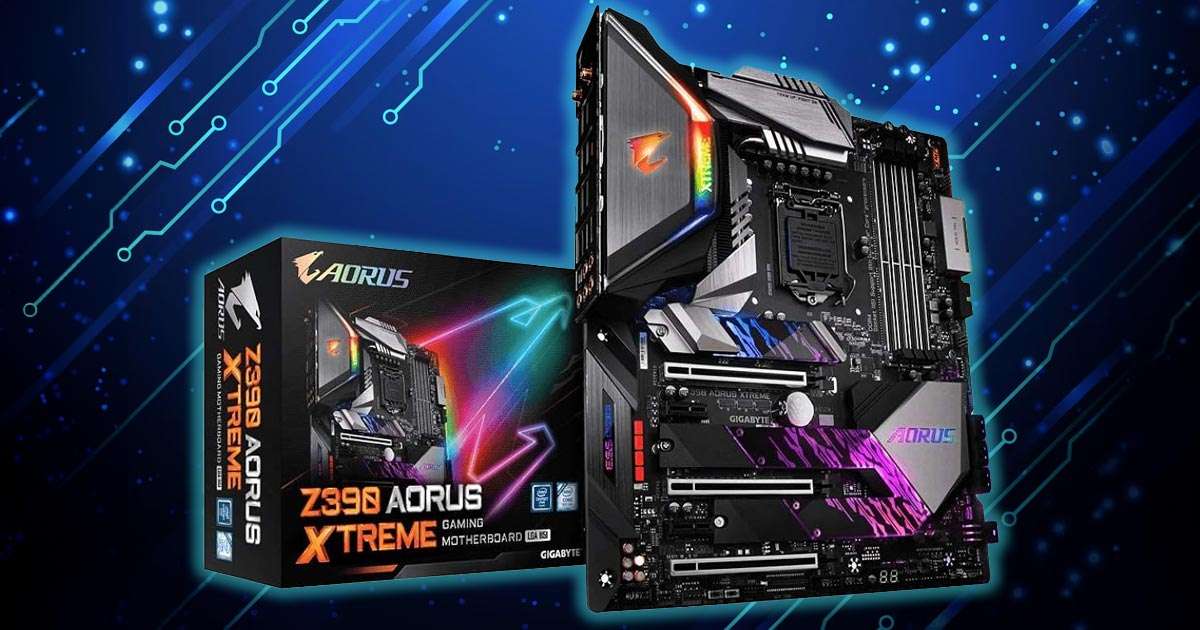Is It Time for a New Motherboard? 20 Signs You Should Know

Is your computer not working right lately? It’s possible that you need a new motherboard if your computer crashes a lot, runs slowly, or gives you strange error messages. But how do you know when this important part needs to be upgraded?
The motherboard is like the main hub inside your computer. It connects all the other parts, like the CPU, RAM, and devices, to work together. If the motherboard isn’t working well, it can cause many problems. Watch out for the 20 signs that could mean getting a new motherboard in time.
1. Compatibility Issues with New CPU or GPU
If you’re planning to upgrade your CPU or GPU and your current motherboard doesn’t support the new hardware, it’s a clear sign that you need a new motherboard. Check your motherboard’s specifications to see if it can accommodate the new components.
2. Random Freezes or Crashes
If your computer freezes or crashes randomly, it could indicate a faulty motherboard. This could be due to a problem with the motherboard’s power supply, capacitors, or another component.
3. Blue Screen of Death (BSOD)
If you’re experiencing frequent BSOD errors, it could indicate a problem with your motherboard. Various hardware issues, including a failing motherboard, can cause BSOD errors. This is an excellent time to get a new motherboard.
4. USB Ports Not Working
If your USB ports are not working properly, it could be a sign of a motherboard issue. This could be due to a faulty USB controller on the motherboard.
5. Ethernet or Wi-Fi Connectivity Issues
It could be a sign of a broken motherboard if you’re experiencing connectivity issues with your Ethernet or Wi-Fi. This might occur due to a problem with the motherboard’s network controller.
6. Audio or Video Issues
If you’re experiencing issues with your audio or video, such as distorted sound or flickering screens, it could be a sign of a faulty motherboard. This might happen due to a problem with the motherboard’s audio or video controller.
7. Overheating
If your computer is overheating, it could indicate a damaged motherboard. A failing motherboard is just one of many problems that can cause overheating.
8. Slow Performance
If your computer runs slowly, it could indicate a busted motherboard. This may occur due to a problem with the motherboard’s chipset or another component.
9. BIOS Errors
If you’re experiencing errors or issues with your BIOS, it could be a sign of a broken motherboard. This is likely due to a problem with the motherboard’s BIOS chip or other parts.
10. Booting Issues
If your computer has trouble booting up, it could indicate a defective motherboard. This could be due to issues with the motherboard’s power supply or other components.
11. Expansion Slot Issues
If your expansion slots, such as PCIe slots, are not working properly, it could be a sign of an inoperative motherboard. This could be due to issues with the motherboard’s chipset or other components.
12. Memory Errors
If you’re experiencing memory errors or issues, it could be a sign of an unsound motherboard. This is sometimes attributed to problems with the motherboard’s memory controller or other components.
13. Device Recognition Issues
If your computer has trouble recognizing devices like hard or optical drives, it could be a sign of a flawed motherboard. This might happen due to a problem with the motherboard’s chipset or another component.
14. Strange Sounds
Strange sounds from your computer, such as buzzing or whirring, may indicate a malfunctioning motherboard. This could be due to a problem with the motherboard’s capacitors or another component.
15. Visual Inspection
If you visually inspect your motherboard and see any physical damage, such as burnt components or swollen capacitors, it’s a clear sign that you need a new motherboard.
16. Incompatibility with New GPU
If you plan to install a new GPU (graphics processing unit) and your current motherboard doesn’t support it, you’ll need to upgrade it. Examine your motherboard’s specifications to check if it can handle the new GPU.
17. Performance Bottlenecks
If you’re experiencing performance bottlenecks where your CPU or GPU is not performing as well as it should, upgrading your motherboard might help. A newer motherboard with better support for your components can improve overall performance.
18. Future-Proofing Your System
If you’re considering upgrading other components, such as a new CPU or more RAM, upgrading your motherboard might be a good idea. This can assist in assuring compatibility with future upgrades and extend the life of your machine.
19. Upgrade for New CPU
If you plan to upgrade to a new CPU and your current motherboard doesn’t support it, you’ll need to upgrade it. Check your motherboard’s compatibility with the new CPU model you’re thinking about getting.
20. Future Expansion
If you want to expand your system with additional components, such as more RAM or storage, and your current motherboard doesn’t have enough slots or support, it might be time to upgrade your motherboard. Upgrading can ensure you have the necessary features and compatibility for future expansions.
In conclusion, if you see any of the above signs, consider replacing your motherboard. Upgrading your motherboard can improve the performance and reliability of your computer, ensuring that it runs smoothly for years to come.

